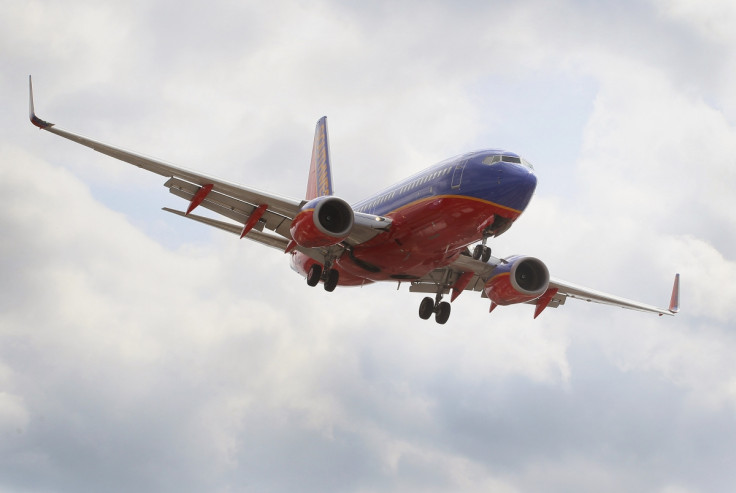This robot can land a Boeing 737 - but would you trust a machine at 40,000 feet?
Robot co-pilot has learnt to fly a jumbo jet - although it still lacks any real air miles.

Autopilot has been a staple of the aviation industry for years, however fully autonomous flight – ie, a computer that controls everything from take-off to landing – is a feat yet to be achieved by modern science.
Yet the prospect of self-driving passenger jets is now a step closer to reality. The US Defense Advanced Research Projects Agency (Darpa) is currently testing a robotic co-pilot that, in tests, managed to successfully fly and land a Boeing 737 – albeit in a simulated environment.
The robot, which has been developed in collaboration with aeronautics company Aurora Flight Sciences, is essentially a robotic arm capable of accurately manipulating the complex controls of a passenger jet's cockpit. Called the Aircrew Labor In-Cockpit Automation System (Alias), the system goes far beyond what current autopilot systems can achieve. They are mainly used to control the trajectory of an aircraft while in the air.
Comparatively, Alias can also oversee the crucial landing phase, which alongside take-off is the most hazardous part of any flight. What's more, the system can be integrated into the cockpits of current passenger jets to extend the aircraft's existing autopilot abilities and equip it with an 'auto-land' function as well.
Machine vision allows Alias to be 'aware' of its surroundings and interact with the cockpit controls. The robot features voice recognition and synthesis, allowing it to communicate with the pilot – who can additionally interact with Alias using a tablet app.
Jessica Duda, Humans and Autonomy Group Lead at Aurora Flight Sciences, told Digital Trends: "Alias as a whole is much more capable than an autopilot, as it includes procedures tracking and monitoring, contingency identification and response, and intelligent interaction with the on-board pilot."
The idea of entrusting a machine to the controls of a 85-tonne jumbo jet is admittedly a little frightening, however autonomous car technology has so far shown that robots are drastically more adept at piloting vehicles that we are. It's also not likely to become a commercial reality for years, if ever.
Aurora Flight Sciences said the next step would be to test how Alias fares in a real-life aircraft.
© Copyright IBTimes 2025. All rights reserved.






















